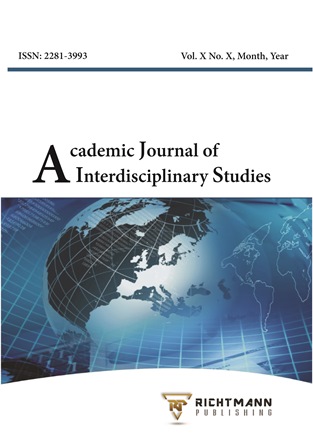Transitional Justice Status in Albania Through Local Perceptions
DOI:
https://doi.org/10.36941/ajis-2024-0007Keywords:
Transitional justice, Albania, public perception in Albania, Communist past, communist crimes in AlbaniaAbstract
This research article aims to enhance regional studies with a focus on the Balkan peninsula, by providing a comprehensive analysis of the extent of transitional justice mechanisms in Albania and its local perception among the citizens. With the fall of military dictatorships in Latin America in 1980s, the breakup of the Soviet Union and the emergence of new states in 1990s, the concept of Transitional Justice (TJ) saw a significant rise in the late 1980s and early 1990s. This was further propelled by the fall of the Berlin Wall (1989), the prolonged breakup of the Socialist Federal Republic of Yugoslavia (1992) as well as the fall of the communist dictatorship in Albania (1990). The emergence of new states and the state-building processes that followed the political and social changes also brought new challenges and conflicts, although they marked the end of significantly repressive political regimes. Considering that the implementation of TJ has undergone several changes over time and dependent of the different settings in which it was employed, it is necessary to conduct extensive research to determine the extent to which TJ differs in post-communist and post-conflict nations. The main research question of this article is: How is reflected the current status of transitional justice in Albania in the lens of public perceptions? To achieve the goal, this article employs quantitative data through a survey conducted with 1021 respondents in Albania. The results of the study show that there are significant differences between the responses of participants who reported having knowledge of Transitional Justice and those who reported being unaware, particularly with their understanding of the number of victims affected. p-value <0.05.
Received: 6 September 2023 / Accepted: 29 November 2023 / Published: 5 January 2024
Downloads
Downloads
Published
Issue
Section
License

This work is licensed under a Creative Commons Attribution-NonCommercial 4.0 International License.
This work is licensed under a Creative Commons Attribution-NonCommercial 4.0 International License.








